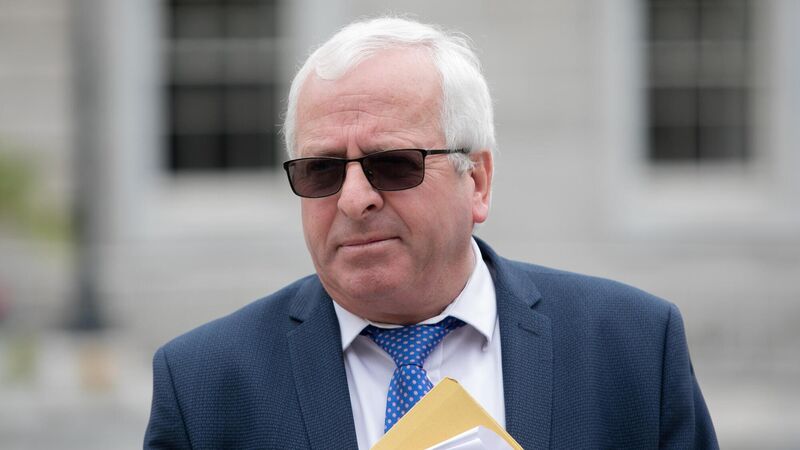Far-right groups are belittling Nazi actions, and Mattie McGrath is following their playbook

Mattie McGrath TD: 'No matter how strongly Mr McGrath may feel about the Government’s handling of the pandemic it is utterly benign when stood beside the Aryan Certificates or the Nuremberg Laws, let alone the horror of genocide. Picture: Collins
If you are Jewish, and like me, you decide not to wear a kippah or payot or similar, people won’t immediately see who you are. Not knowing a Jewish person is listening, they will tell you what they really think.
You will hear the co-worker expounding on the Rothschilds conspiracy theory, the man in the shop likening social distancing to Auschwitz, the self-declared philo-semite ranting about Jewish exceptionalism, or any of the other stereotypes, insults or casual belittlement you hear all too often in conversation or in passing.













